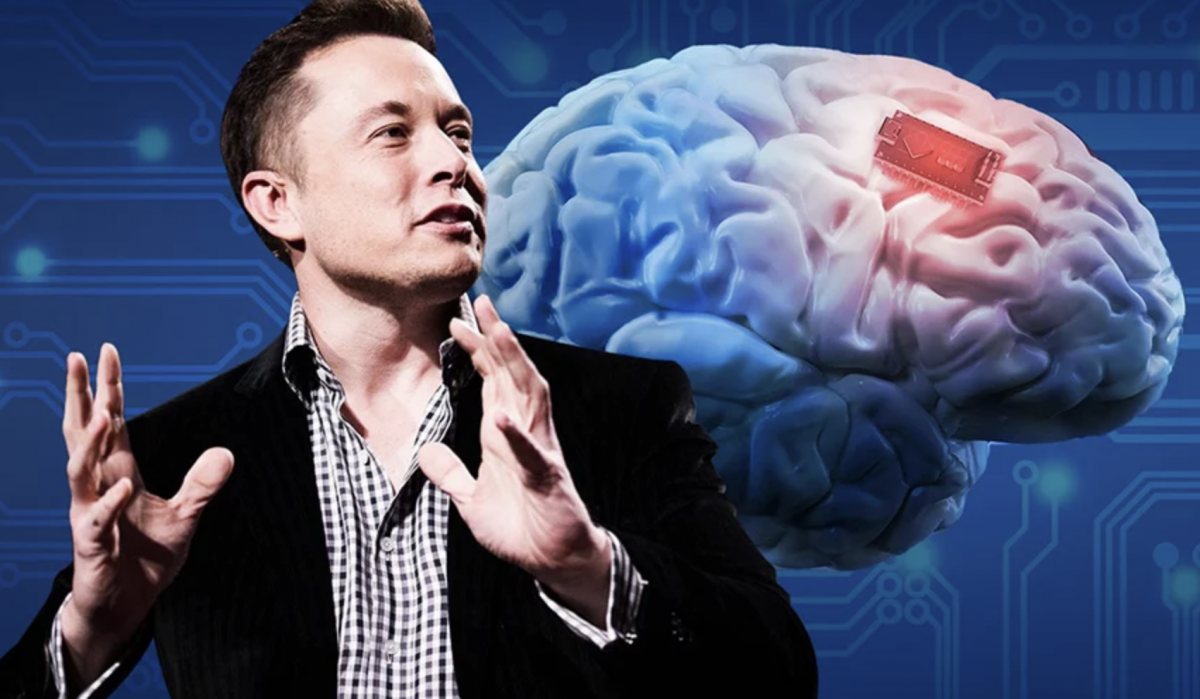Neuralink has recently released a clip showcasing the remarkable progress of its first patient, who successfully controls and plays chess on a computer using brain waves. This milestone marks a significant advancement in the field of neural technology, offering hope and possibilities for individuals with neurological conditions.
Neuralink, a venture by Elon Musk, gained FDA approval last year to test brain implant chips in humans. Following this milestone, they began recruiting volunteers for a six-year trial. In January, the first successful surgery took place, with limited information disclosed about the patient, except that the progress was promising.
The latest reveal features the first patient, Noland Arbaugh, a 29-year-old who suffered a car accident eight years ago, resulting in paralysis from the shoulders down. Arbaugh describes post-surgery experiences akin to scenes from Star Wars, where he can move cursors on screens by mere thought. Elon Musk shared a clip via X showcasing the efficacy of the first-generation chip named Telepathy.
Arbaugh isn’t just playing chess; he spent continuous 8-hour sessions playing Civilization VI. However, he acknowledges a limitation in having to wait for recharges. The concept of brain-computer interface control isn’t entirely new; The Wall Street Journal reported in 2004 that individuals with paralysis could move cursors with brain-computer interfaces. However, previous technology required wired connections, unlike Neuralink, which enables wireless data transmission.

Kip Ludwig, co-director of the Wisconsin Institute for Translational Neuroengineering, hailed this as a promising start. Other companies like BlackRock and Synchron are also demonstrating similar technologies. Apart from patients, Neuralink aims to extend its application to healthy individuals as a enhancement technology, but regulatory approval is still pending and may take considerable time.

The unveiling of Noland Arbaugh’s achievements marks a significant leap forward in neuroscience and neural technology. With the ability to control computer interfaces using brain waves, the potential for improving the quality of life for individuals with neurological conditions is immense. As Neuralink continues to push the boundaries of innovation, we may soon witness a future where the mind’s capabilities are truly limitless.








